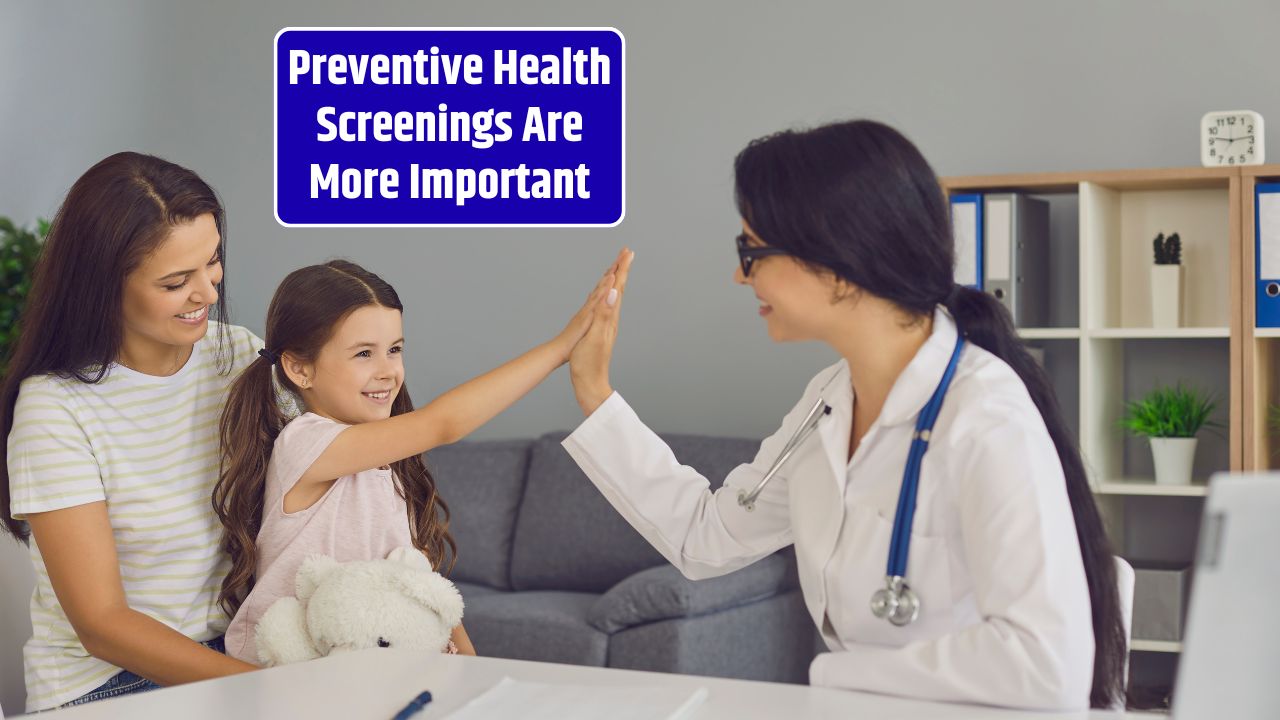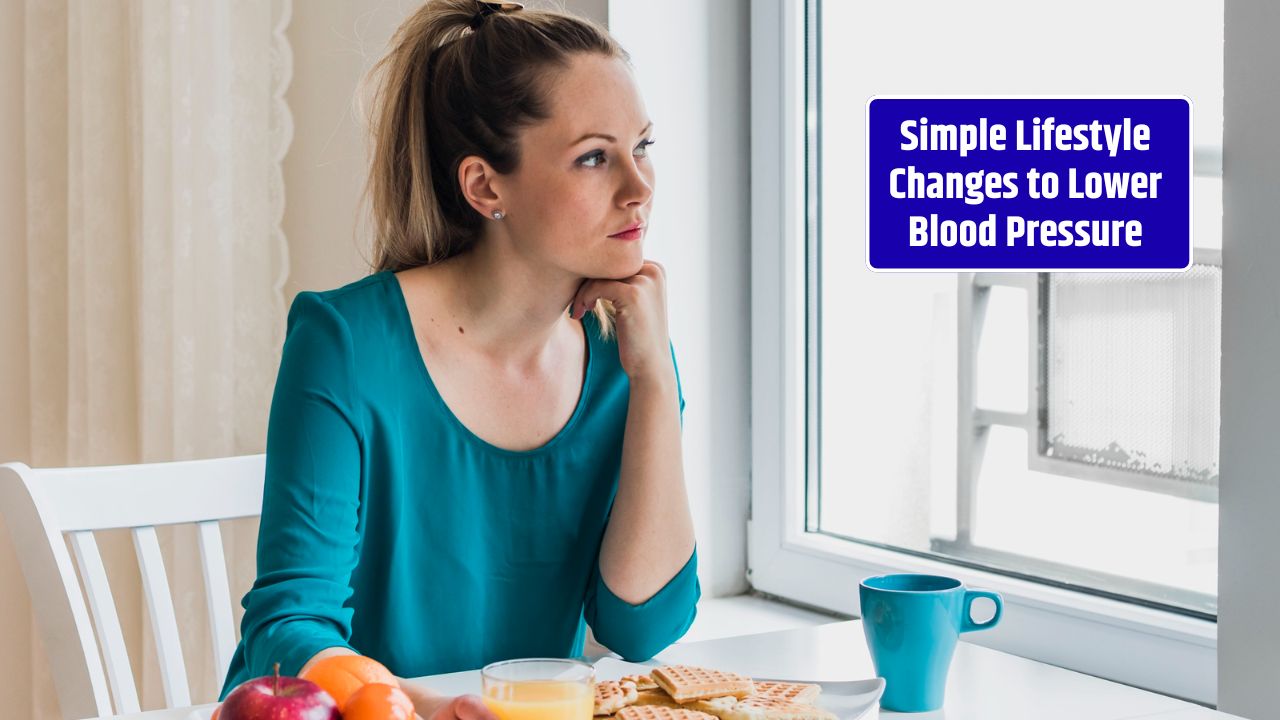You know those doctor visits most of us put off—the ones where nothing seems wrong, but the nurse insists on checking your blood pressure, sugar levels, cholesterol? That’s preventive health screening, and right now, it might be one of the smartest investments in our future. Because while medicine has advanced, chronic diseases are still climbing, and too many families only realize the danger when it’s already too late.
The Case for Screening
Preventive screenings aren’t glamorous. Nobody’s posting their annual mammogram or colonoscopy on Instagram. But according to the Centers for Disease Control and Prevention (CDC), early detection saves lives and cuts costs dramatically. Catching diabetes in the “pre-diabetic” stage can slash the risk of complications by more than half. A routine blood pressure check could prevent a stroke that would otherwise cost both lives and hundreds of thousands in hospital bills.
What’s striking is that screenings are less about treating disease and more about buying time. Time to adjust lifestyle, time to get ahead of a diagnosis, time to make changes that matter before the damage is irreversible.
Numbers Behind the Need
The stats paint a worrying picture. The U.S. Preventive Services Task Force recommends screenings for blood pressure, cholesterol, diabetes, and certain cancers starting as early as age 40. Yet millions of Americans skip them. In fact, nearly 1 in 4 adults haven’t had a routine check-up in the past year, per CDC data.
Here’s a quick snapshot of common screenings and why they matter:
| Screening Type | Recommended Age/Group | Purpose | Impact if Done Early |
|---|---|---|---|
| Blood Pressure | Adults 18+ | Detect hypertension | Prevents strokes, heart attacks |
| Cholesterol | Adults 20+ (periodically) | Identify heart disease risk | Cuts long-term cardiac risks |
| Diabetes (A1C test) | Adults 35+ or overweight individuals | Catch pre-diabetes/diabetes | Reduces kidney, nerve complications |
| Mammogram | Women 40–74 (every 1–2 years) | Breast cancer detection | Improves survival rates |
| Colonoscopy | Adults 45+ | Detect colon cancer early | 90% survival if caught early |
| Mental Health | All adults/teens (regular screening) | Identify anxiety/depression | Improves quality of life, reduces suicide risk |
Why Now More Than Ever
The urgency isn’t just medical—it’s financial. Healthcare costs in the U.S. keep climbing, eating into family budgets. The Centers for Medicare & Medicaid Services projects health spending will reach $7.2 trillion by 2031. Preventive care, though, is cheaper. A $50 blood test could save a $50,000 surgery down the road.
Then there’s COVID-19. During the pandemic, screenings plummeted—breast cancer screenings dropped by nearly 90% in early 2020. Doctors are now warning about a “shadow epidemic” of late-stage diagnoses because people skipped those routine checks.
The Human Angle
Meet David, 52, from Ohio. He went in for a free workplace health check, mostly because his HR department nagged him. Turns out his blood pressure was sky-high. Within a month, he was on medication and had started walking daily. “I had no idea,” he admitted. “I felt fine.” That’s the crux—disease rarely knocks before it enters.
Or take Maria, 43, whose mammogram spotted a tiny lump she couldn’t feel. Today she’s cancer-free, but she shudders to think what would’ve happened if she’d delayed another year.
Challenges Ahead
Of course, screenings aren’t without hurdles. Access remains uneven, especially in rural areas. Insurance coverage varies, and people without coverage often skip tests altogether. There’s also the psychological barrier: the fear of finding something wrong. Ironically, that very fear keeps people from getting the peace of mind—or early treatment—they need.
A Cultural Shift
The truth is, preventive care has to become as routine as oil changes for cars. We don’t wait for the engine to blow before we pop the hood. Yet with our bodies, we too often wait until the check engine light is flashing bright red. Changing that mindset is key.
FAQs:
Are all preventive screenings covered by insurance?
Under the Affordable Care Act, many preventive services are covered without copays, but coverage can vary by plan.
How often should I get screened?
It depends on your age, health history, and risk factors. Doctors usually recommend annual physicals as a baseline.
Do healthy people really need screenings?
Yes. Many conditions—like high blood pressure—show no symptoms until serious damage occurs.











